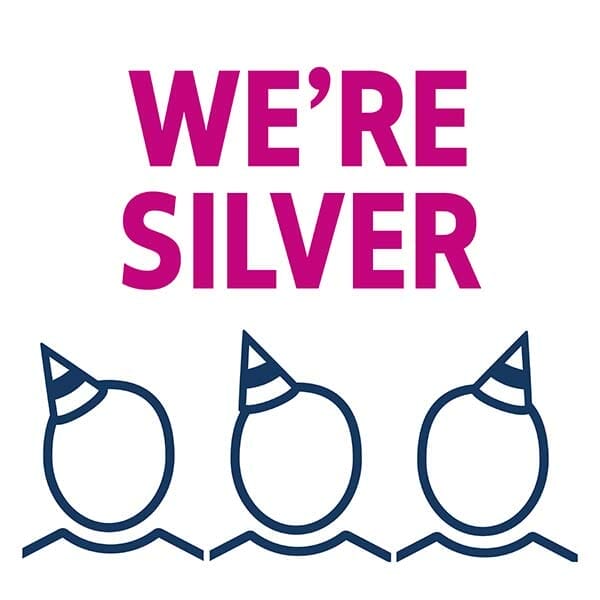Stroke
A stroke occurs when part of the blood supply to the brain is cut off, starving the region it supplies of oxygen.
SYMPTOMS
The classic symptoms of a stroke include dropping of the face on one side, including the eye and/or mouth, inability of the individual to lift both arms and hold them in position, and slurred speech/inability to speak at all.
CAUSES
There are two main types of stroke: ischaemic strokes and haemorrhagic strokes. Ischaemic strokes occur when the arteries supplying the brain with blood become blocked, restricting the flow of oxygen to those areas of the brain supplied by those vessels. This risk of this type of stroke occurring can be increased by factors such as smoking, high blood pressure, obesity, high cholesterol levels, diabetes, and alcohol. Haemorrhagic strokes occur when a blood vessel supplying the brain bursts, bleeding into the brain.
TREATMENT
Time is essential in treating a stroke, the sooner that treatment is received the less permanent damage likely to occur. Strokes can be treated with surgery or medication. Medication for the treatment of ischaemic strokes includes anti-coagulants, anti-platelet therapy, thrombolysis (clot breakdown) therapy, statins, and anti-hypertensive drugs used to lower blood pressure. Emergency surgery may be required to treat haemorrhagic strokes to remove excess blood and repair any damaged vessels. Medication will also be used to lower blood pressure.


